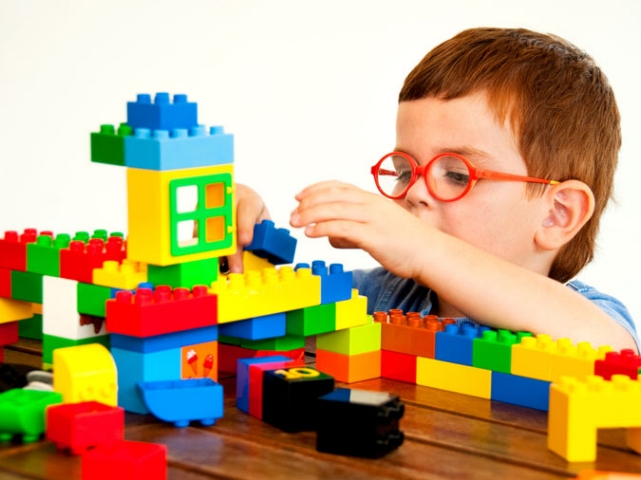Ensuring Your Child With Complex Needs Thrives
Around 2.8 million children in the U.S. (or 6.2% of children) have disabilities. Moreover, the number of children with complex needs has risen by around 50% over the past two decades, owing to two main reasons: the increased life expectancy for children with complex disabilities and congenital conditions like cystic fibrosis.

If your baby or child has a complex need, it is important to be aware of your rights and options, so you can make the best decisions required for your child. It is also important to know that some aspects of care (including feeding, bathing, putting your child to bed and education) may be more challenging.
Knowing Your Rights

Many complex needs – for instance, cerebral palsy (CP) – are diagnosed soon after (or within two years of) birth. In the case of cerebral palsy, actions or omissions by the doctor (for instance the improper use of Pitocin to induce birth) may cause injuries that result in permanent brain damage. Because Pitocin and cerebral palsy may be closely related, if you feel that the use of this medication has led to your child’s development of CP, then you should speak to a lawyer specializing in this condition, so you can discuss your legal options. If any negligence has taken place, obtaining damages will enable you to afford a wider gamut of treatments (including novel and expensive ones) that may help your child enjoy a significantly better quality of life.
Coming To Terms With Challenges

It is important to be prepared for challenges with tasks such as feeding. Children with some complex needs may find it hard to swallow, chew, or digest certain foods. They may also have limited mobility or learning disabilities. Speak to your child’s medical team and to parents you meet along your journey to discover therapists who can help. A child with complex needs may require one or more therapists specializing in areas like speech and language, occupational therapy, physiotherapy, sleep and diet. You may also need to acquire specific equipment to aid with mobility – including wheelchairs, buggies, walking aids, and the like. Some charities provide help with mobility equipment. You should also look at all the funding and grants available for children with disabilities in order to obtain as much support as you can.
Building A Network

Many parents of children who have just been diagnosed with a complex need state that their greatest source of support is other parents of children with similar needs to those of their own child. Parents will undoubtedly be invaluable sources of information as well, so build a network early to discover more about funding, community aid and novel treatments that are producing positive results. Rely, as well, on family and friends. Raising a child with complex needs involves plenty of work, so be prepared to accept help so you can also deal with your own health, and personal and social needs.
If you have a child who has been diagnosed with complex needs, it may take time before you find your bearings and you start feeling confident about aspects such as care and education. As you meet and build bonds with medical professionals and other parents, you will start to feel empowered to build a strategy to best cope with your child’s needs. Knowing your legal rights is also vital; if negligence is the cause of your child’s condition, then obtaining due compensation will enable your child to have their financial needs covered throughout their lifetime, and this will mean greater security and well-being for you and your child.






